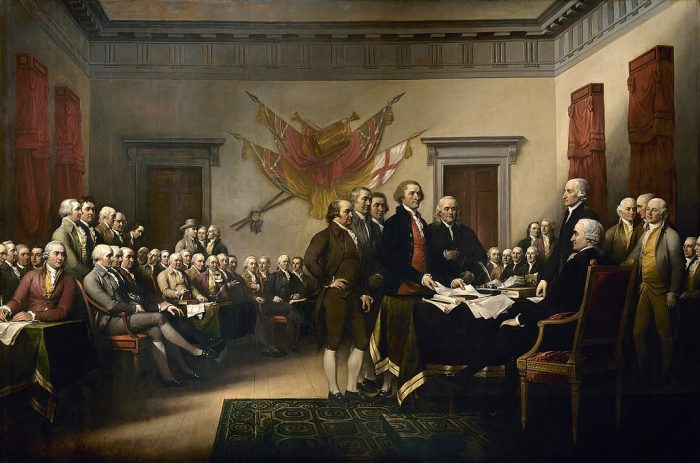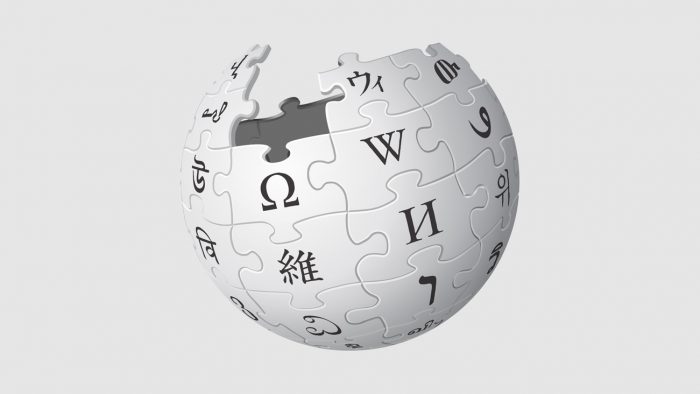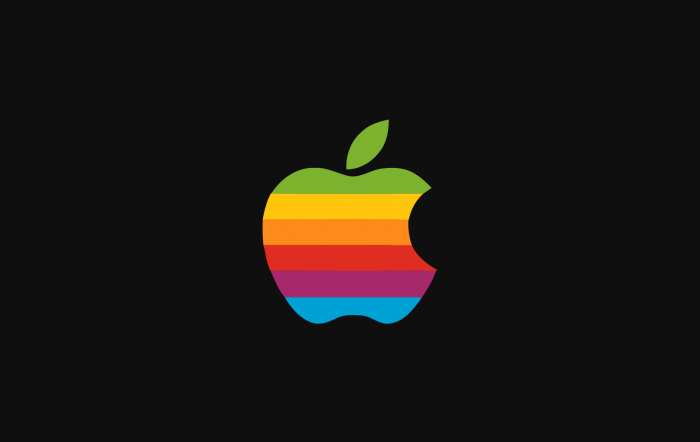
Metadata is Important
The NSA uses communications metadata for intelligence, but big tech also records it for “Business Intelligence”, imagine how this information being sold in an open market can affect you.
When it comes to telephone calls, nobody is listening to your telephone calls.” Instead, the government was just “sifting through this so-called metadata.
Barack Obama
The Director of National Intelligence made a similar declaration.
The program does not allow the Government to listen in on anyone’s phone calls. The information acquired does not include the content of any communications or the identity of any subscriber.
James Clapper
In the opinion of Kurt Opsahl
Electronic Frontier Foundation.
What they are trying to say is that disclosure of metadata—the details about phone calls, without the actual voice—isn’t a big deal, not something for Americans to get upset about if the government knows. Let’s take a closer look at what they are saying:
They know you rang a phone sex service at 2:24 am and spoke for 18 minutes. But they don't know what you talked about.
They know you called the suicide prevention hotline from the Golden Gate Bridge. But the topic of the call remains a secret.
They know you spoke with an HIV testing service, then your doctor, then your health insurance company in the same hour. But they don't know what was discussed.
They know you received a call from the local NRA office while it was having a campaign against gun legislation, and then called your senators and congressional representatives immediately after. But the content of those calls remains safe from government intrusion.
They know you called a gynecologist, spoke for a half hour, and then called the local Planned Parenthood's number later that day. But nobody knows what you spoke about.
Sorry, your phone records—oops, “so-called metadata”—can reveal a lot more about the content of your calls than the government is implying. Metadata provides enough context to know some of the most intimate details of your lives.
Government and Big Tech give no assurances that this data will never be correlated with other easily obtained data.
https://commons.wikimedia.org/wiki/File:Declaration_of_Independence_(1819),_by_John_Trumbull


